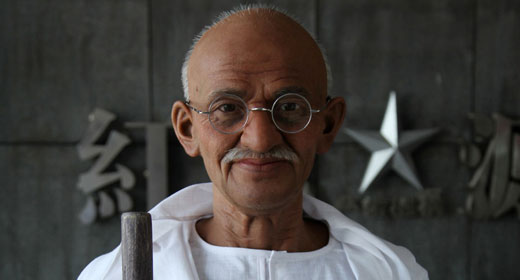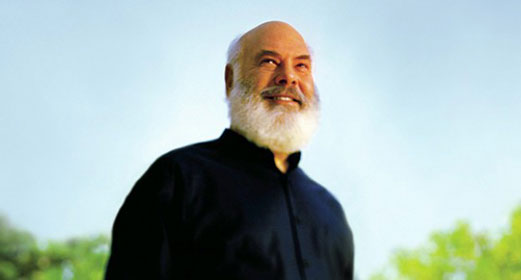By Stephen Devries, M.D. and Dr. Andrew Weil: Stephen Devries, M.D. is an integrative preventive cardiologist and executive director of the Gaples Institute for Integrative Cardiology,  a nonprofit organization that promotes nutrition and natural strategies to prevent heart disease.
a nonprofit organization that promotes nutrition and natural strategies to prevent heart disease.
The Supreme Court ruling on the Affordable Care Act was actually the second important decision during the last week in June regarding health care in the United States. A statement issued two days earlier by the U.S. Preventive Services Task Force (USPSTF), barely noticed by the press, had seismic implications for public health. This group, charged by Congress to analyze preventive services, published its assessment of the value of counseling patients on healthful diet and exercise.
And its official recommendation for our nation’s army of primary care providers? To paraphrase: Don’t waste your time, at least not on everyone. Or, in more formal language, “Clinicians may choose to selectively counsel patients rather than incorporate counseling into the care of all adults in the general population.” As integrative physicians, we are focused on prevention. We also emphasize gentle, inexpensive, effective lifestyle therapies — either primarily, or in a supporting role — for existing conditions. Consequently, we consider this a colossal lost opportunity.
A few caveats: The task force recommendations apply only to primary care clinicians and only to patients who do not have heart disease, high cholesterol, or diabetes. For now, anyway.
Here’s why not counseling patients is a bad idea: The federal Centers for Disease Control and Prevention estimates that, given current trends, the number of Americans with diabetes may triple, to as many as 1 in 3 adults, by 2050. How effective are lifestyle changes? The Diabetes Prevention Program Study showed that diet and exercise can reduce the rate of those with prediabetes from progressing to full-blown diabetes by more than 50 percent, a rate nearly twice that of the most effective diabetes pill.
On what basis did the task force make its counterintuitive recommendation? To quote the report, “Existing evidence indicates that the health benefit of initiating behavioral counseling in the primary care setting to promote a healthful diet and physical activity is small.” No doubt. It’s hard to get people to make healthy choices.
But it’s even harder if you don’t try. Curiously, the studies evaluated by the task force found that doctors were rarely the advisers shown to be ineffective. That task fell to “health educators or nurses, counselors or psychologists, dieticians or nutritionists, or exercise instructors or physiologists” — in other words, everyone but the doctor. It’s fortunate that a wide range of dedicated non-physician health care professionals stepped forward to achieve some benefits, however modest.
But let’s get this straight: The task force wants to excuse physicians from a duty that most of them aren’t even performing. And it doesn’t stop there. The report cautioned that clinician counseling has the potential for “harm” because time spent counseling could be used more productively.
The finding that lifestyle counseling as currently practiced produces poor results is indisputable. The recommendation that followed, however, was stunning. Our national health demands a call to action, but the task force sounded retreat instead.
Medical practice now emphasizes pills and procedures over prevention — at our great peril. Meanwhile, the World Health Organization estimates that 80 percent of cases of early heart disease and stroke are preventable. We need renewed determination and resources to learn how health care providers can promote healthy lifestyle changes more effectively.
But how can physicians counsel patients about nutrition when they were never taught themselves? Contrary to all common sense, accreditation standards do not uniformly require nutrition education in physician training programs after medical school. Sadly, the checkout clerk at the local organic food store might know more about nutrition than your doctor.
We need to reduce our emphasis on disease management and emphasize health promotion instead. How much more desirable — and less expensive — it would be to prevent diabetes and heart disease, rather than to have to treat those diseases and their myriad complications. We urge the USPSTF to revise this recommendation. Physicians who are trained in preventive counseling can and should be the frontline of defense against the alarming rise of lifestyle-related disease. Counseling on diet, exercise, stress reduction and other safe, natural therapies should also be an important part of the treatment programs for a wide variety of health conditions. That’s our idea of both “affordable” and “care.”
Andrew Weil, M.D., is the founder and director of the Arizona Center for Integrative Medicine and the editorial director of www.DrWeil.com.









































